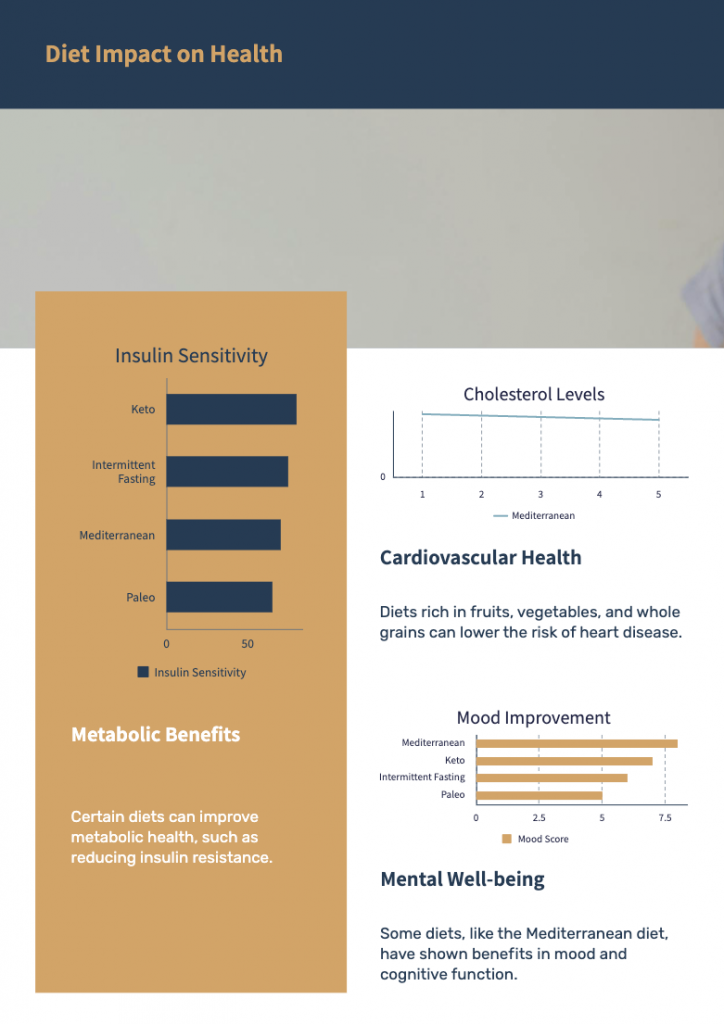Achieving and maintaining a healthy weight involves more than just exercise; a proper diet plays a crucial role in the weight loss journey. Understanding the relationship between diet and weight loss can help you make informed choices that support your goals. Here’s a closer look at how diet influences weight loss.

1. Caloric Deficit
At the core of weight loss is the concept of a caloric deficit, which means burning more calories than you consume. A proper diet helps you create this deficit by focusing on nutrient-dense foods that keep you full while being lower in calories. Incorporating fruits, vegetables, whole grains, and lean proteins can help you achieve this balance.
2. Nutrient Quality
Not all calories are created equal. Foods high in sugar and unhealthy fats can lead to weight gain and poor health outcomes. A diet rich in whole, unprocessed foods provides essential nutrients, enhances satiety, and supports overall health. Prioritizing these foods can improve metabolism and reduce cravings.
3. Portion Control
Proper diet also involves understanding portion sizes. Overeating, even healthy foods, can hinder weight loss efforts. Learning to recognize appropriate portion sizes and listening to your body’s hunger cues can help you avoid unnecessary calorie consumption.
4. Meal Timing
The timing of your meals can impact weight loss. Some studies suggest that eating smaller, more frequent meals can help regulate hunger and metabolism. However, finding a meal schedule that works for you and your lifestyle is essential for sustainability.
5. Hydration
Staying hydrated is often overlooked in weight loss discussions. Drinking enough water can help control hunger and prevent overeating. Sometimes, our bodies confuse thirst with hunger, leading to unnecessary snacking. Incorporating water-rich foods, like fruits and vegetables, can also aid hydration.
6. Mindful Eating
Practicing mindful eating can enhance your relationship with food and support weight loss. This involves paying attention to what you eat, savoring each bite, and being aware of hunger and fullness signals. Mindful eating can help reduce emotional eating and promote healthier choices.

Conclusion
A proper diet is fundamental to successful weight loss. By focusing on nutrient-dense foods, understanding portion sizes, and practicing mindful eating, you can create a sustainable approach to weight management. Remember, it’s not just about losing weight; it’s about fostering a healthy lifestyle that you can maintain for the long term.

